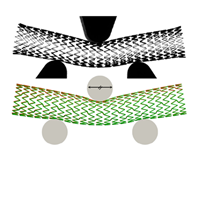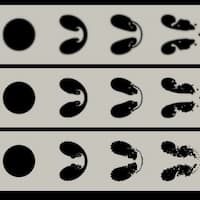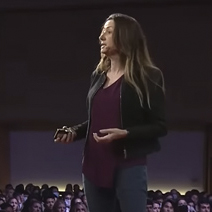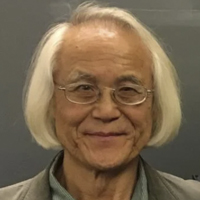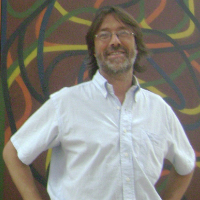events
[VIDEO AVAILABLE!] Severo Ochoa Seminar at CIMNE - "Artificial Intelligence for optimised operation of building energy systems", by Jordi Cipriano and Gerard Mor
Wednesday, December 2nd, 2020. Time: 11 noon
ONLINE! - Link for online session: https://meet.google.com/gzo-dhcu-hyt
ABSTRACT
This Webinar is focused on presenting practical developments and implementations of data-driven techniques to predict the space heating/cooling consumption of thermostatically controlled building systems. These Artificial Intelligence Techniques (AI) combine a demand side prediction model with a supply side model, within a control loop. They can be extended with several optimization techniques such as Genetic Algorithms or linear mixed linear Programming to allow direct load control of buildings within the framework of the day ahead electricity market or Photovoltaic self-consumption schemes.
SPEAKERS CV
Mr. Gerard Mor (male) Gerard Mor is finishing his PhD studies in Engineering and ICT at the University of Lleida. Master degree in Decision Making at the Rey Juan Carlos University, Spain. Degree in Building Engineering, B.Sc. (University of Lleida). With more than 10 papers in International Journals and Congresses, Gerard is specialized in time series data analysis with a background in building engineering and statistical learning. As Data Scientist, he focuses in building energy loads modelling (forecasting, fault detection), Machine learning applied to data clustering of user patterns and managing and processing data streams within big data architectures. Nowadays, he is in charge of the development and implementation of Demand response services in the ENMA big data platform within the frame of the SIM4BLOCKS, EKATE, BIGG and ENTRACK European Funded Projects. He is Head of the data analysis team within the BEE Group.
Dr. Jordi Cipriano (male) Jordi is the director of the Building Energy and Environment Department of CIMNE since 2001. Jordi holds a PhD in Engineering and ICT, at the University of Lleida, Spain. Master in Industrial Engineering Polytechnic University of Catalonia (UPC, Barcelona). Master in Numerical Methods applied to Engineering, Technical University of Catalonia (UPC, Barcelona). He has been recently awarded (October 2018) with the Juan de la Cierva Post doctoral contract, funded by the Minister of Science of Spain. His background comes from the application of numerical methods for the analysis of air flows and thermal heat transfer in active building components and in the urban environment. For the last 10 years he has centred his work in modelling the energy performance of buildings, in Demand Response and energy flexibility, in the analysis of huge amount of data coming from smart meters, in the modelling of BIPV components and in analysing the user behaviour of tenants in residential buildings. He has accumulated more than 15 years of experience in collaborating with municipalities, commercial companies and building owners through national and international cooperative research projects. He has participated in more than 30 EU funded projects and has been coordinator of around 5 EU research funded projects. Jordi is author of 20 publications in international scientific journals and congresses. He is one of the founders and member of the board of directors of the energy service company INERGY and founder of the start up company Bee Data analytics S.L. Jordi also acts as representative of CIMNE-BEE Group in the following international research networks: E2B and IEA Annex 71.





